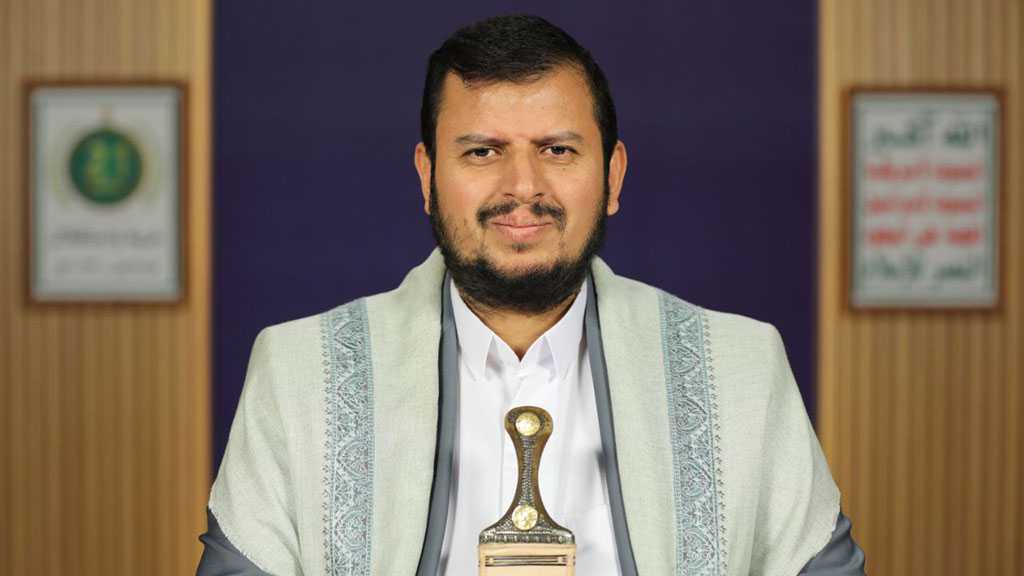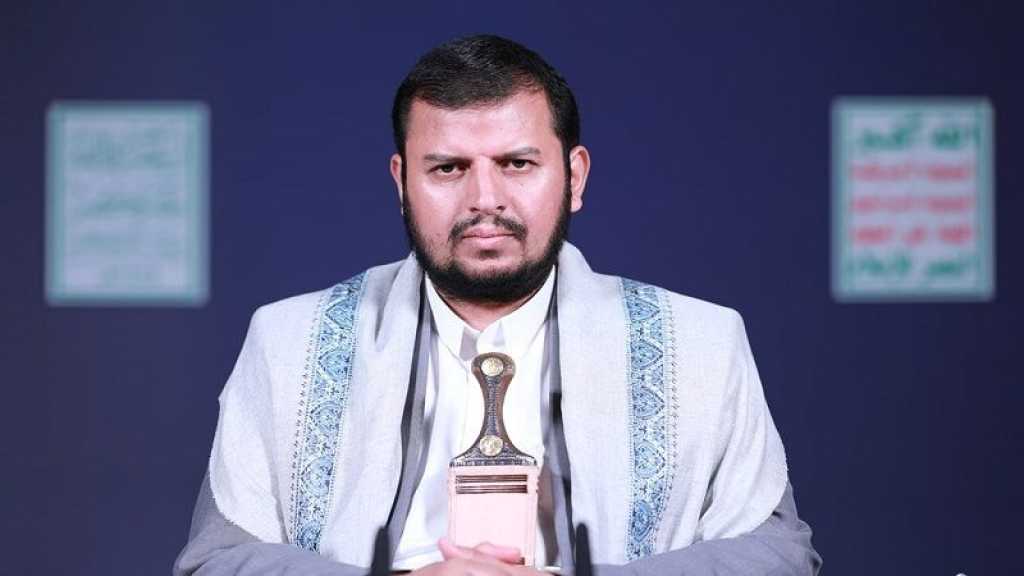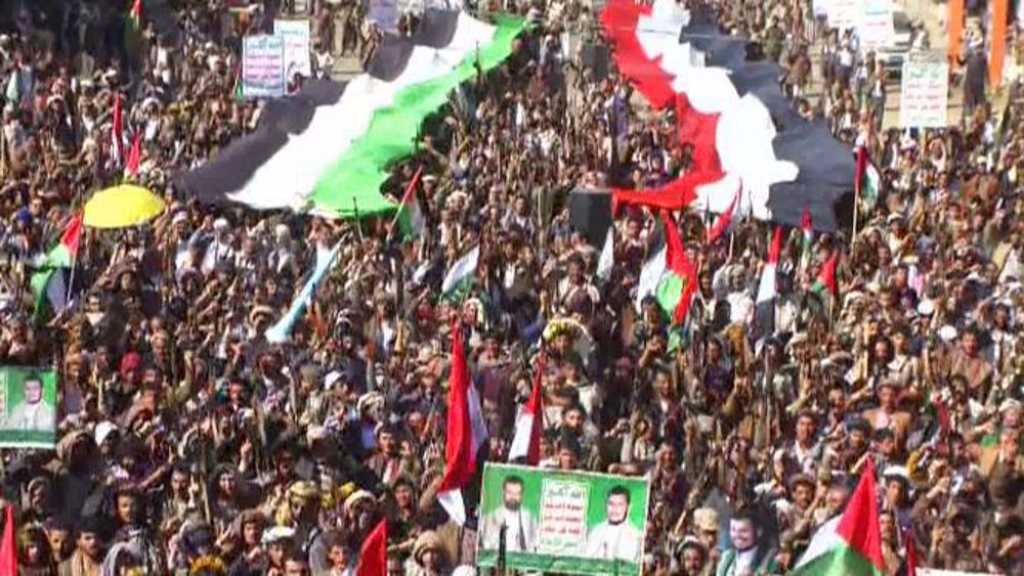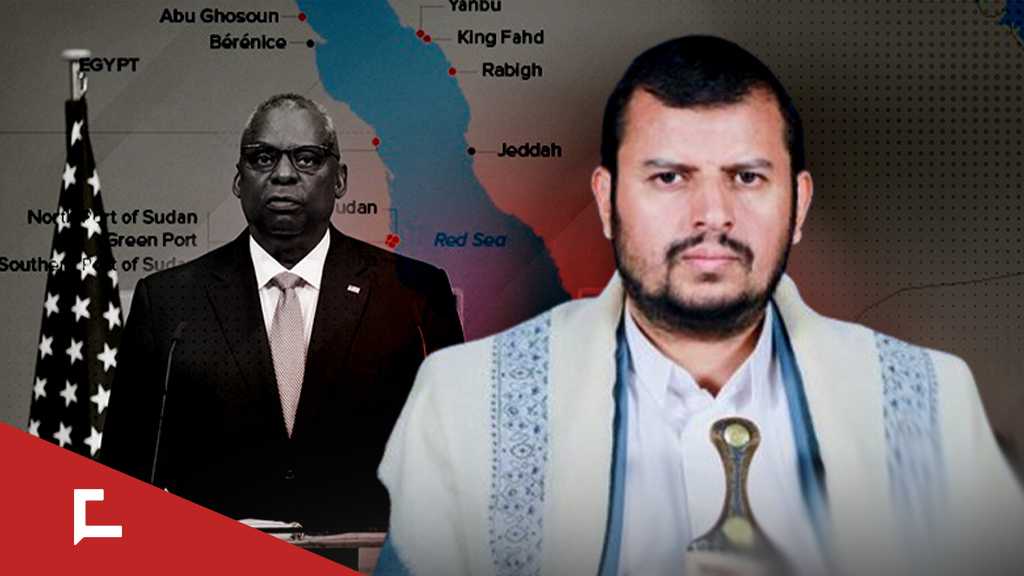
Strong Yemen Showcased Homegrown Military Power, Al-Houthi: Missile Systems in Exponential Growth

By Staff, Agencies
The head of Ansarullah revolutionary movement Sayyed Abdul-Malik Al-Houthi addressed Yemen's military capabilities and its recent advancements.
In a speech commemorating the September 21 Yemeni Revolution, Al-Houthi stressed that Yemen continues to improve its missile and rocket arsenal, comprising long-range rockets, ballistic missiles, cruise missiles, and various attack drones.
On the ninth anniversary of the September 21 revolution in 2014, the Yemeni Armed Forces showcased new strategic weapons in a military display, including advanced missile systems, naval weapons, and air defense systems.
“Our country possesses missile technology, and the missile capabilities have evolved exponentially from long-range missiles to guided and ballistic ones, not to mention drones,” he said.
In parallel, the Yemeni leader underlined that his country “possesses missile technology, and the missile capabilities have evolved exponentially from long-range missiles to guided and ballistic ones, not to mention drones.”
Al-Houthi further pointed out that the blockade imposed on Yemen led to inverse results pushing its military to domestically produce weapons ranging “from pistols to missiles.”
He added that Yemen's Armed Forces have also been remarkably successful in foiling several terrorist attacks, including assassination attempts, underscoring their vast contributions to maintaining Yemeni security.
“The US administration has opted to employ aggressive policies against Yemen, taking advantage of internal division in an attempt to push the country into the abyss,” Al-Houthi emphasized.
Furthermore, the Yemeni leader highlighted the dire crisis that Yemen's National Army endured during the American administration prior to the September 21 Revolution, marked by infighting within its ranks, under the auspices of the US.
The US administration aimed to exploit internal division in Yemen for its own strategic ends, but according to the Ansarullah leader, the Yemeni people were cognizant of Washington's intentions and effectively thwarted its plans on September 21, 2014.
"The Americans wanted the Yemenis themselves to destroy their own country in a tragic farce, but the people were vigilant and thus came the revolution," he elaborated.
On the same occasion, the spokesperson for Yemen's Armed Forces [YAF], Brigadier General Yahya Saree, stressed that Sanaa is ready to “engage in battles to defend the homeland and the people.”
Brigadier General Saree said the Yemeni forces are ready to deal with any development "in case the [Saudi-led coalition] does not adhere to" Yemen's demands for a peace deal that will "achieve the legitimate, just, and fair aspirations of the Yemeni people."
The spokesperson reiterated Sanaa's position in a post on X, saying, “There [will be] no peace without ending the aggression, lifting the blockade, and the withdrawal of foreign forces” from Yemen, adding that other demands of the Yemeni people need to be met before peace is achieved.
Moreover, he vowed that Yemen's Armed Forces will be doubling their combat readiness in the coming weeks to respond practically and responsibly to ensure that coalition forces remain deterred in case of any negative developments.
In conclusion, Saree said the Yemeni people "believe that peace has never and will never be achieved except by imposing deterrent military equations that force the enemy to comply with all legitimate and just demands."
Sanaa's negotiating team engaged in five days of talks with Saudi officials in response to the latter's request to resume negotiations, facilitated by Omani mediators.
The head of the Supreme Political Council in Yemen, Mahdi al-Mashat, said Sanaa is pleased with what the Yemeni delegation conveyed from the meeting, adding that these are "positive messages that we ask to be put into practice."
Comments



